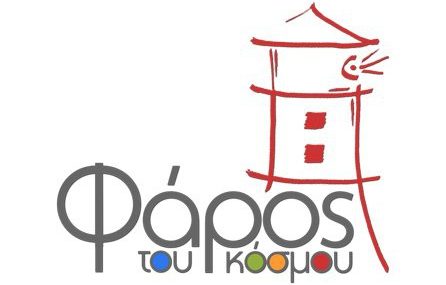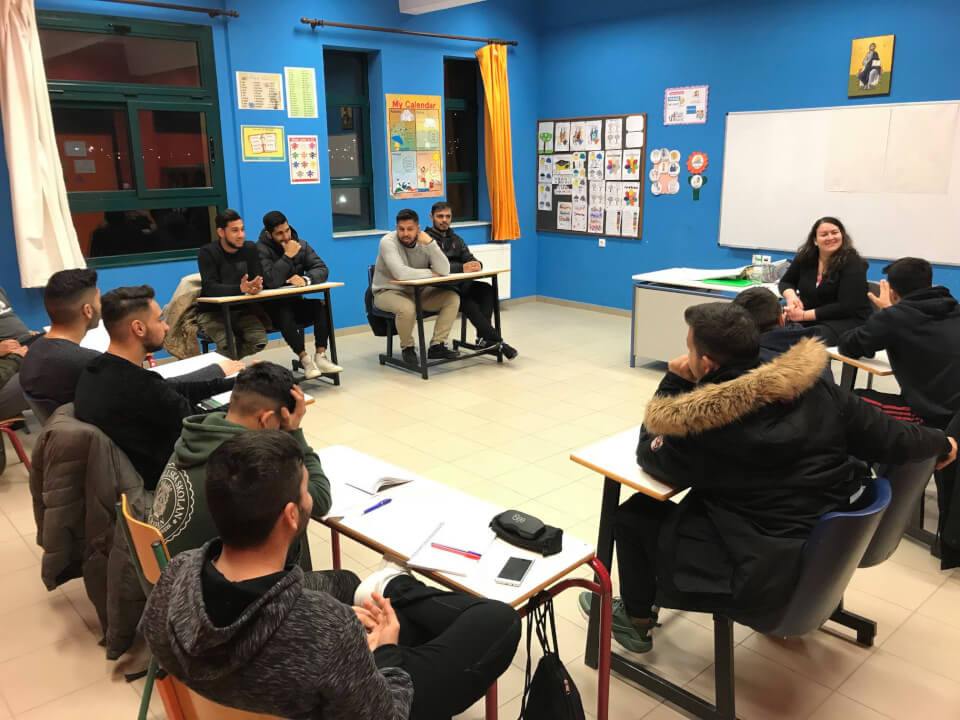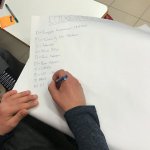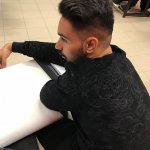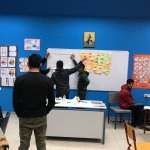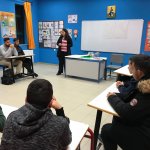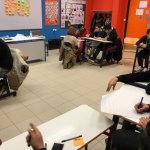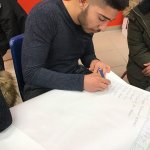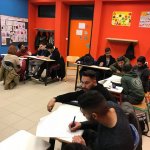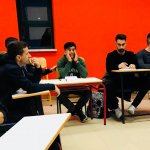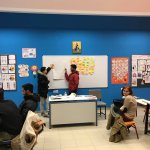Faros tou kosmou (Light house of the world) in cooperation with British Council carry out then program Life Skills: Workshops for schools
Life skills are not something new; they are a set of basic skills that enable us to effectively manage the challenges of daily life. They include critical thinking, problem-solving, decision-making, the ability to communicate and collaborate, along with personal and social responsibility.
Schools and vocational education and training (VET) institutions are uniquely placed to play a key role in promoting and sustaining young people’s emotional and social health as part of their role in providing a rounded quality education and helping students develop into successful adults.
We are therefore delighted to announce the launch of our Life Skills programme for schools and VET institutions in Greece, following approval from the Hellenic Ministry of Education, Research and Religious Affairs, and with the support of HSBC.
Our Life Skills programme consists of two modules:
- Life Skills: Developing Active Citizens, which consists of six one-hour workshops for children and teenagers aged 10 to 16.
- Life Skills: Developing Social Entrepreneurs, which consists of six one-hour workshops for young adults aged 16 to 24.
Both modules are delivered in schools and vocational education and training (VET) institutions either by a specialist British Council trainer or by a local educator who has attended our Life Skills workshop for educators.
The workshops are designed to help children and young adults effectively manage the challenges of daily life by improving their confidence, assertiveness and decision-making, as well as their ability to stay safe and healthy so that they can develop into successful and employable adults.
Aims and objectives of the programme
The aim of the programme is to teach students how to:
- participate actively in a variety of decision-making and voting processes
- weigh up what is fair and unfair in different situations, realise that justice is fundamental to a democratic society and study the role of law in maintaining order and resolving disputes
- assess how democracy, justice, diversity, tolerance, respect and freedom are valued by people of different beliefs, backgrounds and traditions within a changing democratic society
- comprehend the role of active citizens and actions with social impact
- explore diverse national, regional, ethnic and religious cultures, groups and communities in Greece and the connections between them
- take into account the interaction between Greece, the rest of Europe and the world.
Methodology
The most effective form of learning in life skills education is:
- active: emphasises learning by doing
- interactive: uses discussion and debate
- relevant: focuses on real-life issues facing young people and society
- critical: encourages young people to think for themselves
- collaborative: includes group work and collaborative learning
- participative: gives young people a say in their own learning.
What are the main components of life skills training?
Life skills education involves a wide range of diverse learning elements, which include:
- Knowledge: Understanding of topics such as laws and rules, the democratic process, the media, human rights, diversity, money and the economy, sustainable development, the world as a global community, and of concepts such as democracy, justice, equality, freedom, authority and the rule of law
- Skills and aptitudes: Critical thinking, analysing information, expressing opinions, taking part in discussions and debates, negotiating, dispute resolution and participating in community actions
- Values and attitudes: Respect for justice, democracy and the rule of law, openness, tolerance, courage to defend a point of view, and a willingness to listen to, work with and stand up for others.
For the purposes of this programme, we focus on life skills relating to three main areas:
- respect for ourselves and others
- communication
- social skills.
Language skills
The programme will also help the students to develop their language skills by providing them with opportunities to:
- answer complex questions
- explain simple choices through structured reasoning
- negotiate turns in speaking
- actively listen and question the contribution of others
- identify similarities and differences and make an evaluation
- demonstrate understanding of others’ contributions and develop their own contributions as a result
- scan texts for information
- skim texts for gist and overall impression
- extract specific information from texts through attentive reading.
